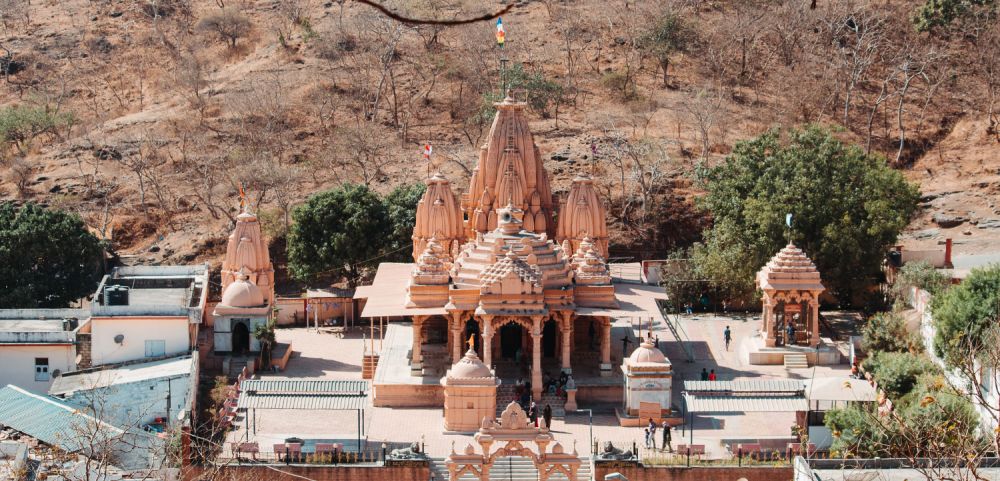

The Tulsi Shyam Temple, located in the verdant forest of Sasan Gir in Gujarat, is an ancient temple with a rich mythological and historical significance. It is dedicated to Lord Krishna, who is worshipped here under the name Shyam. According to the legends, the temple was established at the site where Lord Krishna is believed to have performed penance, and its history dates back several centuries. The presence of hot springs adds to the allure of the temple, making it a unique pilgrimage and tourist spot.
Over the years, the temple has attracted pilgrims and tourists not only for its religious importance but also for the therapeutic properties attributed to the hot springs nearby. Offerings and rituals are performed at the temple, ingraining it further into the local culture and spiritual landscape of Gujarat.
The growth of tourism at Tulsi Shyam Temple and the hot springs saw a gradual increase with the advent of better connectivity and the development of Sasan Gir as a wildlife sanctuary, notably famous for the Asiatic lions. The region's tourism infrastructure has developed, including the construction of better roads, guesthouses, and amenities, thus encouraging more visitors.
The area's rich biodiversity coupled with its spiritual heritage makes it a multifaceted destination, appealing to a diverse group of tourists—from wildlife enthusiasts to spiritual seekers.
Recently, sustainable tourism has become a pivotal part of the area's tourism strategy. The Gujarat government has been actively involved in promoting eco-friendly practices to ensure that the influx of tourists does not disturb the natural habitat or the wildlife. This includes regulated tourism activities and initiatives to maintain the sanctity of the water in the hot springs.
Wellness tourism has also seen a surge, with visitors coming to Tulsi Shyam for both the spiritual solace offered by the temple and the healing properties of the hot springs. The trend of integrating travel with health and well-being has made the site an attractive destination for those seeking relaxation and rejuvenation.
Moreover, the region has also focused on experiential travel. Tourists are encouraged to immerse themselves in local culture, participate in traditional festivals, and understand the mythological significance of the site. This has added a rich cultural dimension to the traditional wildlife and pilgrimage tours.
Tulsi Shyam Temple and Hot Springs in Sasan Gir stand as a testament to the seamless integration of spirituality and nature. With each passing year, the site continues to fascinate a growing number of tourists while sustaining its ecological and cultural ethos. The diligent efforts in promoting responsible tourism have allowed the place to maintain a harmonious balance between human presence and nature's integrity.